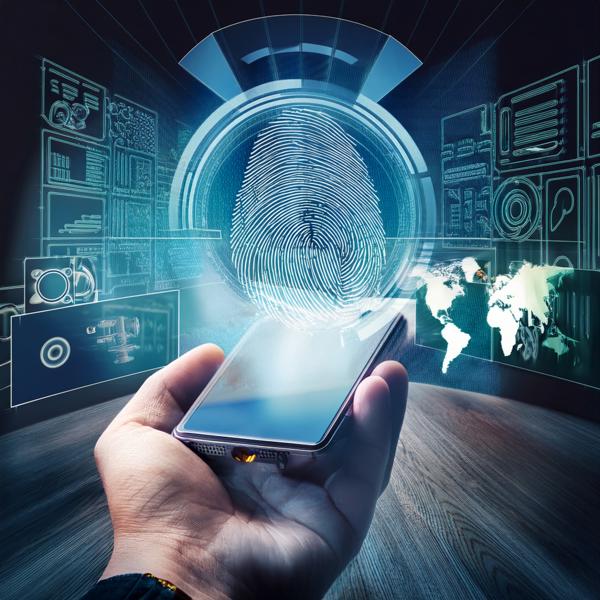Balancing Fair Trial Rights and Victim Privacy: Insights from the P. Gopalkrishnan Case.
[ Court Doc ]
Evidence >> Criminal Law
In the realm of criminal justice, ensuring a fair trial for the accused while safeguarding the privacy of victims is a complex and critical task. A recent judgment of Anish Loharuka v/s The State of West Bengal by the Supreme Court of India sheds light on how this delicate balance can be achieved. The case in question, P. Gopalkrishnan v. State of Kerala (2020) 9 SCC 161, provides essential guidance on handling electronic evidence in sensitive cases.
Case Background:
The case involved the 8th accused, a prominent film actor, who sought a cloned copy of a memory card containing incriminating evidence. This request was part of his defense strategy in a high-profile case where the victim, also a well-known actress, had accused him and others of serious crimes including abduction, sexual abuse, and blackmail. The prosecution relied on electronic evidence stored in a memory card, which the accused argued was crucial for his defense.
Supreme Court's Decision:
The Supreme Court addressed the issue of balancing the accused's right to a fair trial with the victim's right to privacy. The Court’s ruling emphasized the following key points:
Electronic Records as Documents: The Court recognized that electronic records, such as those on a memory card or pen-drive, are to be treated as documents. This implies that the accused has a right to access these records to mount an effective defense.
Inspection vs. Cloned Copies: While the accused is generally entitled to a cloned copy of such electronic evidence, the Court acknowledged that in cases involving sensitive information, especially relating to victims' privacy, a compromise might be necessary. Thus, the Court allowed for the possibility of only providing an inspection of the electronic records, rather than a cloned copy, to protect the victim’s privacy.
Court's Discretion in Inspection: The Court directed that the accused, along with their lawyer and an IT expert, could inspect the electronic evidence in court. It was emphasized that no devices capable of copying or altering the evidence should be allowed during such inspections. This approach was intended to uphold the accused's right to a fair trial while ensuring that the victim's privacy was not compromised.

High Court’s Implementation:
Following the Supreme Court’s guidance, the High Court issued specific directions to balance the interests of both parties:
- Legible Copies: Documents that did not disclose the identity of the minor victim were to be supplied to the accused.
- Electronic Evidence: Copies of electronic evidence, as long as they did not reveal the victim’s identity and did not risk damaging the original data, could be provided.
- Inspection Protocol: The accused was permitted to inspect the electronic evidence with their advocate and IT expert, ensuring the process was secure and did not involve unauthorized copying.
The High Court's order was seen as a fair implementation of the Supreme Court’s directions, effectively balancing the rights of the accused with the protection of the victim’s privacy.
Conclusion:
The Supreme Court’s decision in P. Gopalkrishnan v. State of Kerala provides a framework for handling electronic evidence in criminal trials. By establishing guidelines for the inspection of sensitive evidence and safeguarding victims’ privacy, the Court has contributed significantly to ensuring both a fair trial and the protection of individuals' rights. The case underscores the importance of judicial discretion in maintaining this balance and serves as a critical reference for similar cases in the future.
